Health & Medicine
-
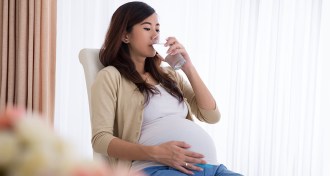 Health & Medicine
Health & MedicineDrinking sugary beverages in pregnancy linked to kids’ later weight gain
Consuming sugary drinks while pregnant may mean kids are heavier when they reach elementary school age.
-
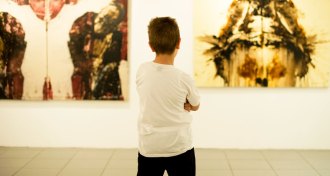 Health & Medicine
Health & MedicineHere’s how a child sees a Van Gogh painting
Children’s eyes are drawn to vivid, bright and bold parts of Van Gogh paintings. But they can shift their viewing strategies with a little prompting, a new study suggests.
-
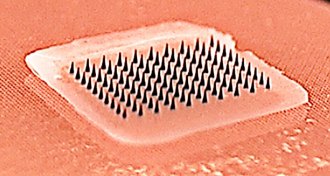 Health & Medicine
Health & MedicineGetting a flu ‘shot’ could soon be as easy as sticking on a Band-Aid
Microneedle patches may make home-based vaccination a reality.
-
 Science & Society
Science & SocietyLatest stats are just a start in preventing gun injuries in kids
New stats on firearm deaths and injuries are disturbing, but the picture to make policy is far from complete, researchers say.
-
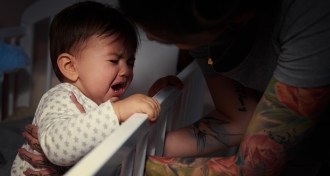 Health & Medicine
Health & MedicineWhen should babies sleep in their own rooms?
A new study offers support to sleep-starved parents by suggesting that babies age 6 months and older sleep longer when in their own bedroom.
-
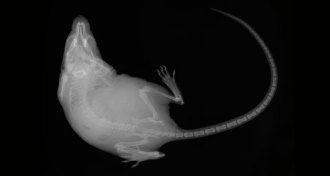 Health & Medicine
Health & MedicineBones make hormones that communicate with the brain and other organs
Bones send out hormone signals that chat with other parts of the body, studies in mice show. What influence these hormones have in people, though, remain a mystery.
-
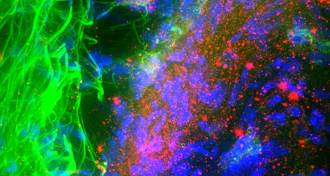 Health & Medicine
Health & MedicineProtein in Parkinson’s provokes the immune system
The immune system recognizes parts of a protein linked to Parkinson’s disease as foreign, triggering an autoimmune response.
-
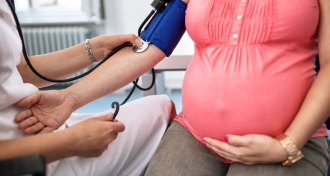 Health & Medicine
Health & MedicineA baby’s DNA may kick off mom’s preeclampsia
A large genetic analysis points to a protein made by the fetus that may trigger preeclampsia in the mom.
-
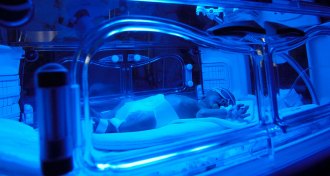 Health & Medicine
Health & MedicineIn 1967, researchers saw the light in jaundice treatment
Researchers discovered how to use light to treat babies with jaundice 50 years ago. But questions remain about the technique’s effectiveness in some cases.
-
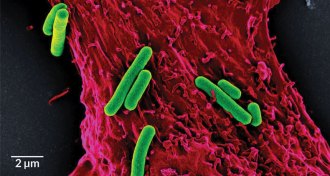 Health & Medicine
Health & MedicineNew heart attack treatment uses photosynthetic bacteria to make oxygen
Photosynthetic bacteria can produce oxygen to keep rat heart muscles healthy after a heart attack.
-
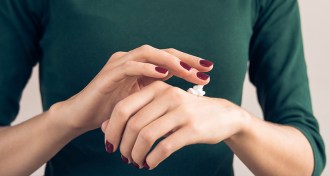 Health & Medicine
Health & MedicineNew kind of ‘tan in a bottle’ may one day protect against skin cancer
A drug for activating melanin production without using ultraviolet radiation works in human skin samples.
-
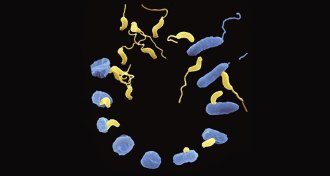 Health & Medicine
Health & MedicineLive antibiotics use bacteria to kill bacteria
Certain bacteria will destroy other bacteria without harming humans. They may be an answer to antibiotic-resistant infections.